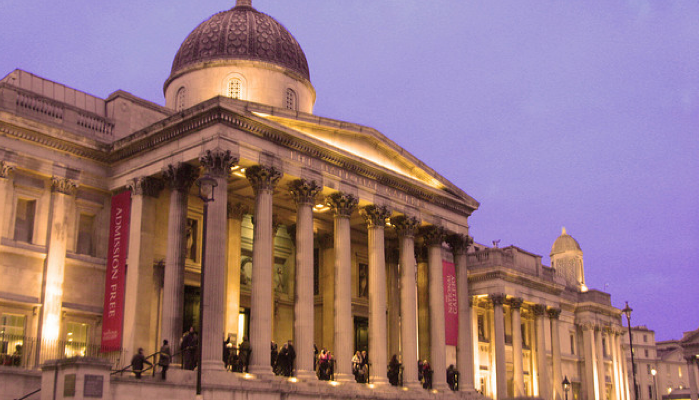
Bridget Riley at the National Gallery
Bridget Riley: Paintings and Related Work 24 November 2010 – 22 May 2011 Sunley Room, The National Gallery, Trafalgar Square, London Admission free British artist Bridget Riley is best known for her 1960s ‘op-art’ paintings: black and white patterns that appear to shimmer and twist as they play with the early visual processing system in the human eye. Riley’s later paintings exploit higher cognitive processes: provoking softer visual sensations rather than perceptive shock. An intimate exhibition at London’s National Gallery, running until May, shows how her experimental style is rooted firmly in the Western artistic tradition. Eleven of Riley’s abstract paintings, spanning her career, areRead More →
